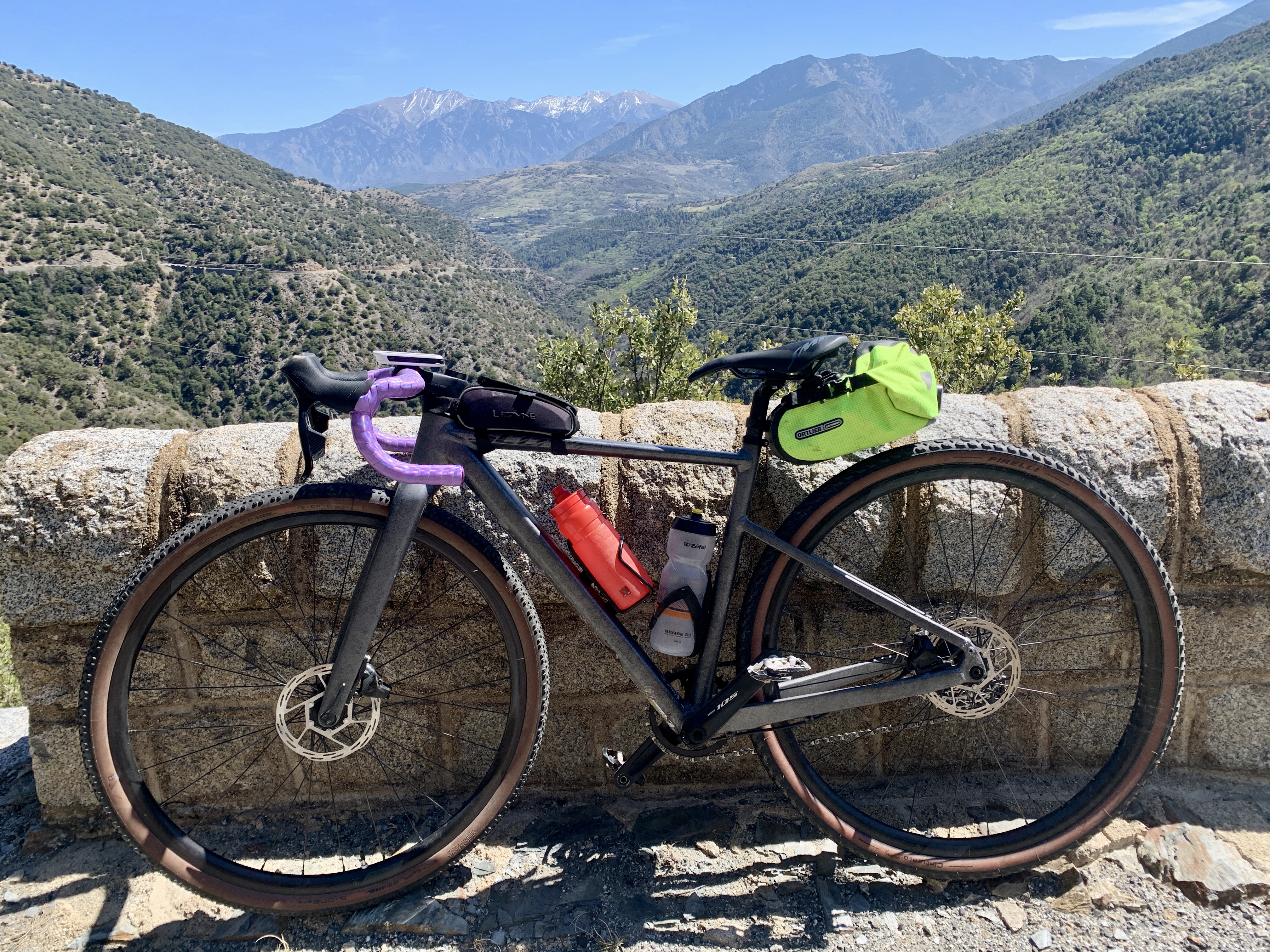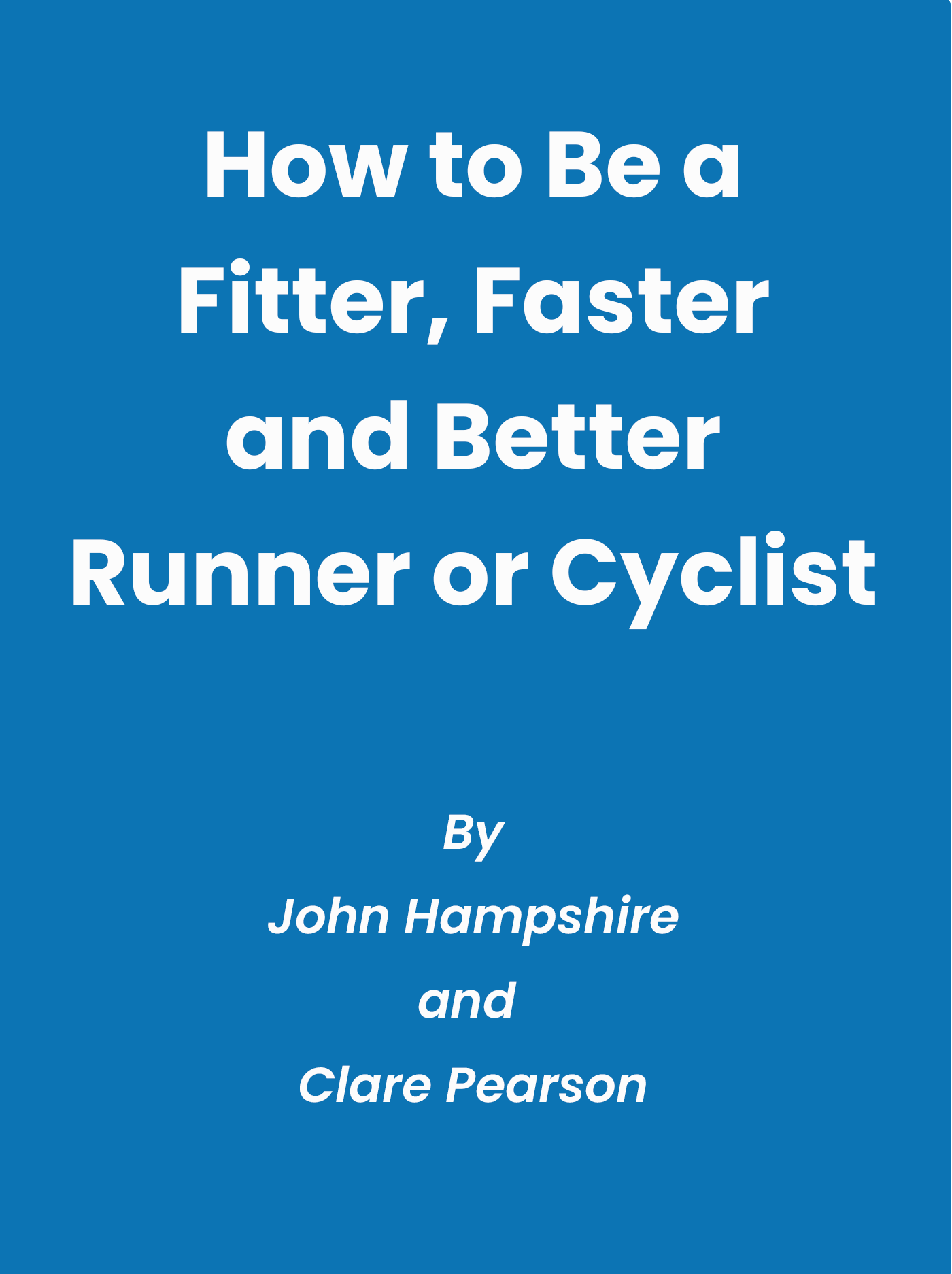How Many Ultras Should I Do in a Year?

There are so many great ultra events out there it can be difficult to prioritise. It can be easy once you have finished one event to immediately start looking for next to avoid that inevitable post-event mood down turn. For some events you have to enter quite early so you may need to think about entering your next event before you even know if you will qualify.
So how many ultra endurance events can you do in a year without over-training? There are a lot of factors to consider but in general if you are looking to perform your best then one or two well-spaced events is sufficient and a safe way to guarantee adequate recovery.
Here are some things to consider:
Training is different from racing
In preparing for a big ultra event you will likely do a lot of long training sessions with a couple of particularly long practice sessions of three to five days depending on your event.
While these sessions are taxing, they are not racing; they are learning opportunities where you get to try things out and see how longer distances feel. You can experiment with pacing and equipment, and you are likely to be a lot slower than you will be in your main event.
If you choose to do a race as a 'training ride/run' the likelihood is you will push far harder than you would if you were training. You will therefore need much longer to recover.
How hard did you push?
Recovery time from an ultra endurance event can vary not just from person to person but from race to race depending on how hard you push yourself.
This does not necessarily correlate with the outcome of the event. For example if you decide to go ahead with an event despite signs of fatigue or illness you may not even complete the event but still have pushed yourself beyond your limits.
How experienced are you at ultra events?
If you have done several ultra events of a similar nature and are looking to do more of the same you will probably have a good idea of how long it can take to recover (all else being equal). The more events you do the more adapted you become which can reduce the recovery time somewhat. However, that does not mean that there won't the that 'one' event which totally takes it out of you and means you need more recovery time than expected.
Of course the longer we go and the more experience we have the more our concept of 'what is long' changes. It might be when you first started out that 30 miles (50km) felt like a long way, whereas after a while this might be a relatively easy training session for you. Being realistic about what is hard and easy for you is good practice; being more cautious usually pays off.
A good strategy if you are hoping to do another ultra event might be to do one and see how you find it and how you recover from it before entering another.
Lifestyle
How you recover from training and racing is in part dictated by other aspects of your life. If you have a busy stressful life (intentionally or unintentionally) then this will impact on your body's ability to recover from a hard event and even from workout to workout.
It's useful to bear in mind how stressful your life is when thinking about how many events you want to tackle. It might be that one ultra event every two or three years is your limit.
If you like this article and have any questions about this or any other aspect of training why not e-mail me? I would love to know your views and help if I can; I answer all e-mails within 5 working days.
Subscribe to our blog
Please share with your friends
Other articles you might like
August 19, 2024

Comments